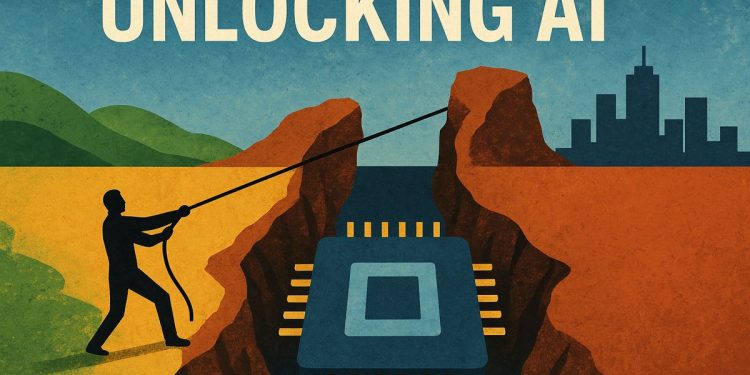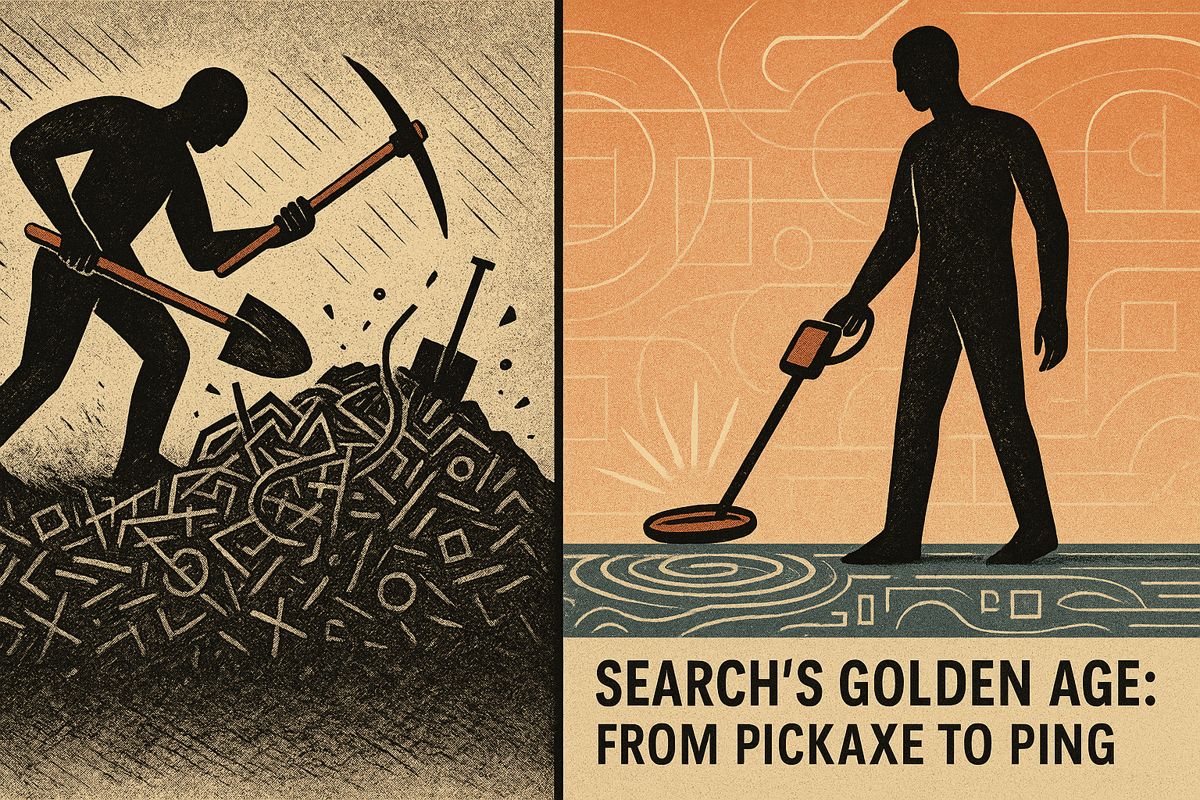In 2025, data storytelling has become the most important skill for people working with data in big companies, with 71% of executives looking for it. Thanks to AI, machines now make most simple charts, so people are needed to pick the right numbers and tell clear stories that encourage real business action. Good data stories help companies make better decisions and boost both revenue and audience attention much more than just showing plain charts. Companies like Airbnb and Google have already seen big improvements by using stories to share their data. To succeed, people must focus on clear, action-driven messages and reveal insights step by step.
Why is data storytelling essential for enterprise analytics roles in 2025?
Data storytelling is the most sought-after skill in analytics jobs for 2025, with 71% of executives specifically requesting it. As AI automates basic visualizations, humans must select key metrics and craft narratives that drive business action, directly impacting revenue and engagement.
Data storytelling is no longer a nice-to-have soft skill; in 2025 it is the single most requested capability in analytics and business intelligence job postings. Recruiters report that 71 % of executives explicitly ask for storytelling skills when hiring for data roles, and the U.S. Department of Labor projects 36 % growth in data-science positions between 2023 and 2033 – growth that outpaces most other occupations.
What has changed in 2025
1. AI has automated the how , leaving humans to master the why
Tableau GPT, Power BI Copilot and Looker Studio now auto-generate 75 % of basic charts. What remains valuable is the human ability to select the 3–5 metrics that matter and wrap them in a narrative that moves stakeholders from “interesting” to “let’s act”.
2. Revenue is on the line
A 2024 Leapmesh study (still the benchmark in Q3 2025) found that 93 % of business leaders credit data-driven stories for revenue-increasing decisions. Meanwhile, the same research shows that well-crafted narratives boost audience engagement by up to 300 % compared to static dashboards.
A 60-second framework you can use today
| Step | Prompt | 2025 Tool Example |
|---|---|---|
| Start with the end | “What single decision should the audience make after they see this?” | Start your slide title with a verb: “Increase ad spend in Q4” |
| Choose the story arc | Use *S-DIKW * (Story-Data-Information-Knowledge-Wisdom) to move from raw numbers to a recommended action | S-DIKW quick-start guide |
| Progressive revelation | Reveal one insight per click in Tableau or Power BI | Spotify Wrapped is the textbook case – each scroll adds context and emotional payoff |
| Micro-story length | Target < 5 minutes total delivery time | Break long decks into 2-minute “chapters” to raise retention |
Real numbers from practitioners
- Airbnb : Increased host adoption of smart-pricing tools by 22 % after reframing price changes as a data story instead of a policy update (source).
- Google : Real-time search-data stories helped small businesses pivot campaigns within 48 hours during last year’s holiday surge.
What recruiters are screening for
| Skill Cluster | 2025 Weight in Job Descriptions* |
|---|---|
| SQL / Python | 30 % |
| Visualization tools | 25 % |
| Data storytelling & narrative design | 30 % |
| Domain expertise | 15 % |
- based on 1,200 U.S. postings analysed by Bentley University, July 2025
Take-away checklist
- [ ] Write your takeaway sentence first; build visuals around it.
- [ ] Drop any chart that does not directly support the decision.
- [ ] Use progressive insight revelation – one insight per click.
- [ ] End every story with a next-step sentence beginning with a verb.
What is data storytelling, and why is it urgent for enterprises in 2025?
Data storytelling is the practice of combining analytics, visualization, and narrative to turn raw numbers into a clear, emotionally resonant call-to-action. In 2025 it has shifted from a “nice-to-have” to the #1 capability listed in 71 % of analytics and BI job postings, according to multiple hiring trend reports. Organizations that master it see up to 300 % higher audience engagement and are 93 % more likely to make revenue-increasing decisions when insights are delivered via story format rather than static dashboards.
Which new frameworks are helping teams build better data stories this year?
Three lightweight, repeatable models dominate enterprise playbooks:
- S-DIKW Framework (Story-Data, Information, Knowledge, Wisdom) – released in March 2025 – guides authors to move audiences from raw metrics to actionable wisdom using a classic narrative arc.
- Progressive Insight Revelation – popularized by Spotify Wrapped-style campaigns – staggers key findings to maintain suspense and keeps C-suite viewers engaged for the full five-minute delivery window.
- Pyramid Resolution (Brent Dykes) – still the most cited – structures stories around a single “central insight” flanked by rising context and a crisp resolution slide.
All three frameworks fit into a five-minute delivery rule that HR directors now use as a benchmark during candidate interviews.
How do leaders measure the ROI of data storytelling programs?
Forward-looking companies track four KPI clusters:
- Speed to decision – median time from insight presentation to approved next action drops from 9 days (2024 baseline) to 3.2 days.
- Tool adoption – internal analytics platforms see 22 % higher monthly active usage when dashboards are embedded inside narrative templates.
- Revenue influence – revenue-tagged data stories are correlated with a 7–12 % uplift in quarterly sales in pilot retail groups.
- Stakeholder trust – post-story survey scores on “clarity” and “confidence to act” average 4.6/5, up from 3.4 before structured storytelling training.
What practical steps can an individual contributor take this quarter?
- Start with the end in mind: write the desired action on a sticky note and design every chart to support it.
- Limit to 3–5 key metrics; studies show retention plummets beyond five.
- Co-create – use new collaborative storytelling platforms (Yellowfin Stories, Tableau GPT) to invite domain experts into the draft early, boosting trust before the final presentation.
- Rehearse the 5-minute version aloud; recruiters increasingly ask for a live micro-demo during interviews.
Where can I see data storytelling in action right now?
- Google uses real-time search data stories to help governments predict economic shifts, cutting response planning from weeks to hours.
- Airbnb increased host adoption of dynamic-pricing tools via simple narrative explainers, lifting host earnings by 14 %.
- A 2025 retail pilot saw 75 % of quarterly performance decks auto-generated via AI narrative assistants, freeing analysts to focus on deeper scenario modeling.
Quick link to go deeper
For a concise playbook that includes the new S-DIKW template and interactive examples, see the ScaleupAlly 2025 guide.



















